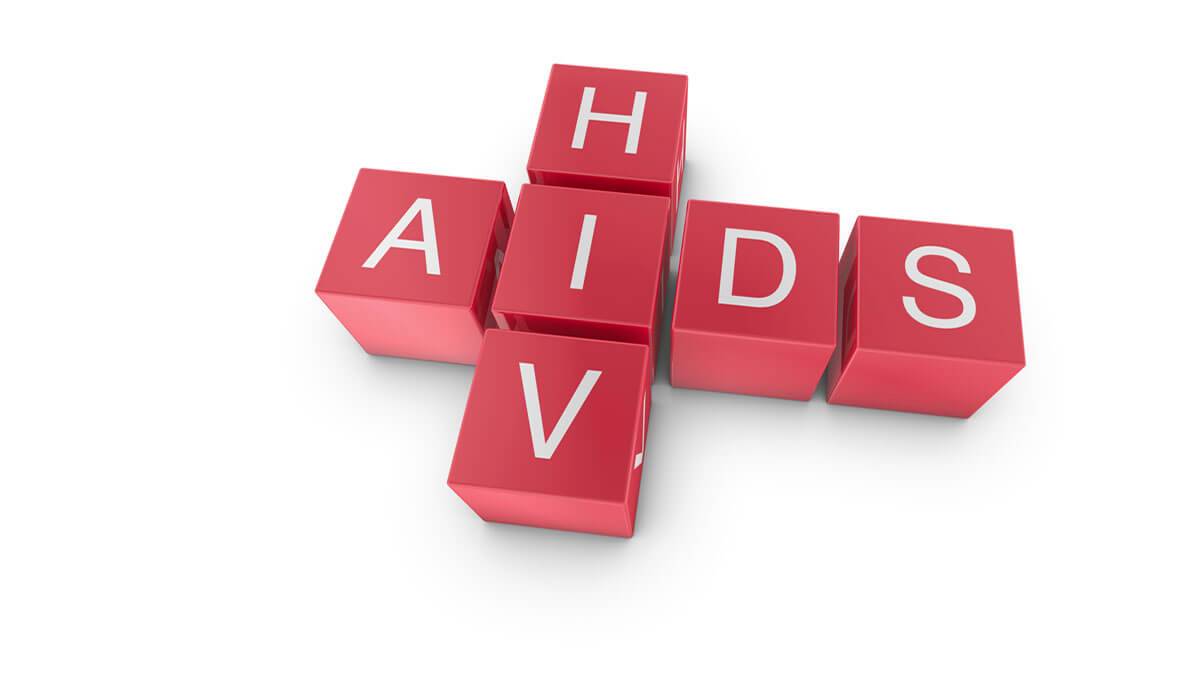According to a report by the Ghana Aids Commission, the estimated number of living with HIV in the Ashanti Region is72,429.
According to recent reports, it has come to light that in Ashanti Region of Ghana, there is a concerning number of individuals who are not receiving the necessary antiretroviral (ARV) treatment for HIV/AIDS. Shockingly, approximately 46,421 people have not been accounted for in terms of their access to such life-saving medication. This can be attributed to either their lack of awareness about their own HIV status or their unfortunate decision to discontinue their ARV treatment.
In addition to this disheartening revelation, it has been revealed by Mr. Dennis Bandoh, the Deputy Ashanti Regional Focal Person for HIV/AIDS, that there has been a notable increase in new cases. Specifically, the region has witnessed a rise of 4,618 new cases during the third quarter of 2023, indicating a 2.1 percent increment compared to the previous year.
These statistics highlight the urgent need for improved healthcare services and outreach programs in the Ashanti Region to address the growing gap in antiretroviral uptake. Efforts should be directed towards increasing awareness about HIV/AIDS, encouraging individuals to get tested, and ensuring that those already diagnosed receive the necessary treatment and support.
By implementing comprehensive strategies and mobilizing resources, we can hope to bridge this gap and ensure that every individual in the Ashanti Region receives the care they deserve in their fight against HIV/AIDS.
According to Mr. Bandoh, HIV testing is carried out in two different groups: Prevention of Mother to Child Transmission (PMTCT), which focuses on pregnant women, and HIV testing services for non-pregnant women and men. Out of the total number of pregnant women tested, which amounted to 62,835, 681 were found to be HIV positive. Similarly, out of the 51,940 individuals screened under the HIV testing services category, 3,937 people received positive test results.
Mr. Bandoh stressed the significance of testing, regardless of the status of one's partners. He emphasized that starting treatment early can effectively stop the virus from advancing to the AIDS stage. It is important for individuals who test positive to promptly seek treatment at healthcare facilities that are easily accessible to them. According to literature and existing information, the groups most susceptible to the virus are men who have sex with men, female commercial sex workers, long-distance drivers, and uniformed men.



No comments yet
Be the first to share your thoughts!